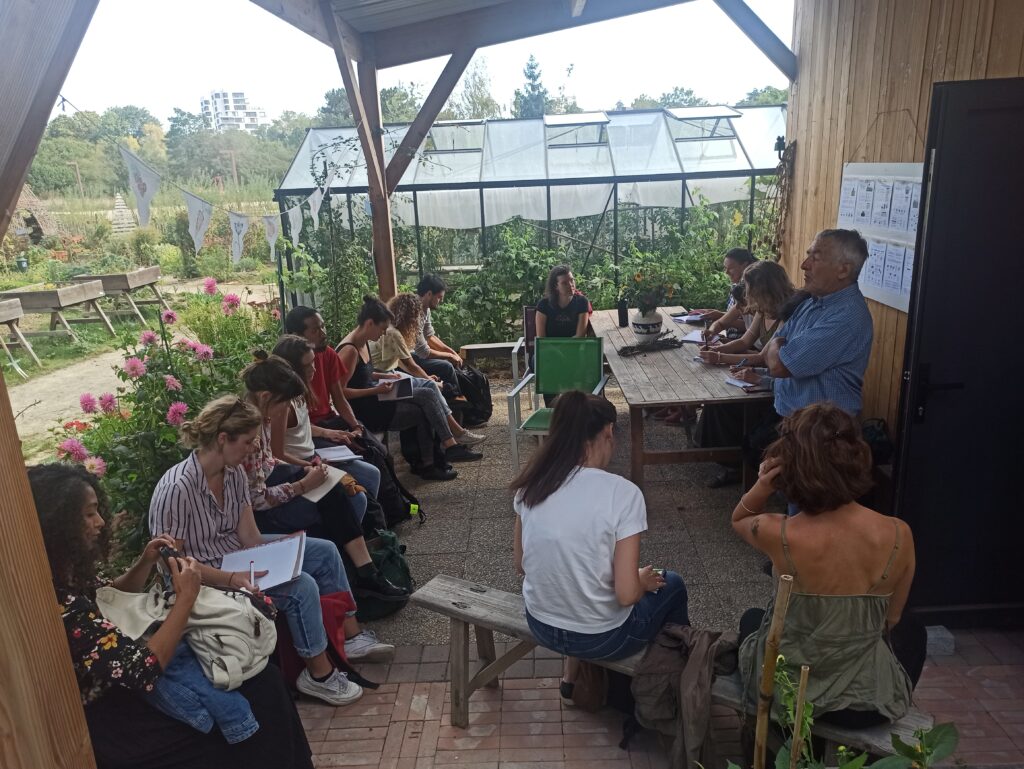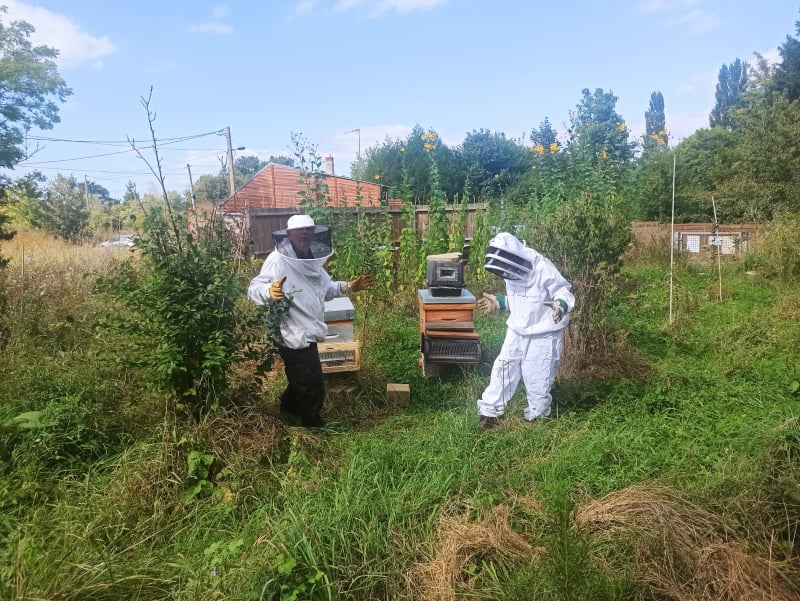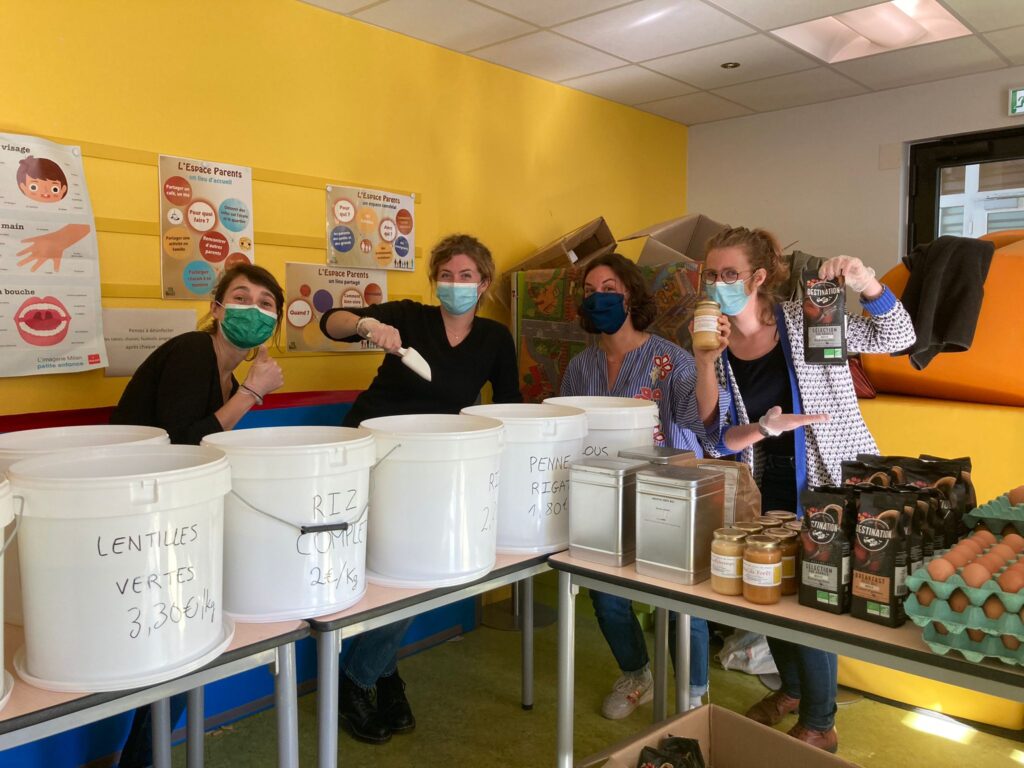More sustainable production and consumption is no longer just a necessity, it is an emergency. To participate in the development of short circuits, the revaluation of the peasantry and promoting a global food transition, the association Les Cols Verts has devised a three-month 100% free training on the farm-to-fork trade. The second edition starts on September 5 and registrations have just opened. It is aimed at people in retraining or looking for a job who want to enter a profession of significance and of public benefit. Presentation.
“It’s a social problem”
“There was no training that would enable us to address the food transition problem in all aspects of the system, from production to processing, distribution, catering, consumption and waste management”explains Boris Marcel, director of the Les Cols Verts network of associations, which works on the food transition and the development of urban agriculture in mainland France, in the overseas departments and territories and in Africa.
However, “It’s a social issue” reminds the maker of the formation.
†Food problems must be recovered as the sector is in the hands of private actors. Ideologically, we need to understand where our food comes from, how it is produced and transformed. From a more pragmatic point of view, the training allows people to have a global vision of all professions related to the transition and to be more comfortable in choosing their future profession.”
Boris Marcel, director of the association network Les Cols Verts
Between September and December 2021, fifteen participants have already followed the training. A few months later, nine of them had started their transition by landing jobs in the sustainable food sector. “We have someone who worked in art and found a job in a third eatery called la Basse-cour. Another who now works at a farm baker. All have benefited from our network to enter the labor market after training.”

“Put your hands in the ground”
In concrete terms, the three-month training is divided into theoretical courses and practical workshops. “People who have followed the training or who apply for a job are often people with an important theoretical background, but who also want to learn the practicalities by putting their hands in the ground”, underlines the initiator of the course.
The theoretical part takes place in Rennes, the workshops are organized in partner farms in the area. “We decided to initially set up a training course in Brittany. It is symbolic because it is the first agri-food region of France. But in the long run, the aim is to spread all over France.”explains Boris Marcel.
Four educational blocks form the training for professions in the food transition:
- Discovery of agricultural occupations and urban farming
- Food processing and distribution
- Horeca and catering
- Circular economy and waste

In total, no fewer than sixty-five speakers came to pass on their knowledge to the fifteen students in the class. During several workshops they learned how to sow seeds, how to manage compost. The students also discovered the tricks of setting up a shop on a short circuit and spent two days immersing themselves in the kitchens of the gourmet cooking school Ferrandi to learn how to create a plant-based cuisine.
A conversion that makes sense
The good news is that this training, funded by the Brittany Region, the National Agency for Territorial Cohesion and Pôle Emploi, is completely free for those who participate. It is better that job seekers, depending on their situation, can be paid to participate.
And the odds are promising. 50% of farmers will retire in 2050, Boris Marcel recalls. “There is therefore a huge need for agricultural population renewal if we don’t want to push farms to expand and maintain a certain food autonomy.”

Also on the catering side, the sector affected by the COVID-19 pandemic is trying to reinvent itself. And why not on the side of sustainable food? At the same time, short circuit needs (farmers markets, farm sales, producer shops, etc.) are becoming more pressing.
For this second edition of the training, which will take place from September 5 to December 23, a month will be devoted to practicing an immersion course in one of the sectors presented. The Green Collars are looking for their fifteen recruits. To apply, it’s here. It is your turn !